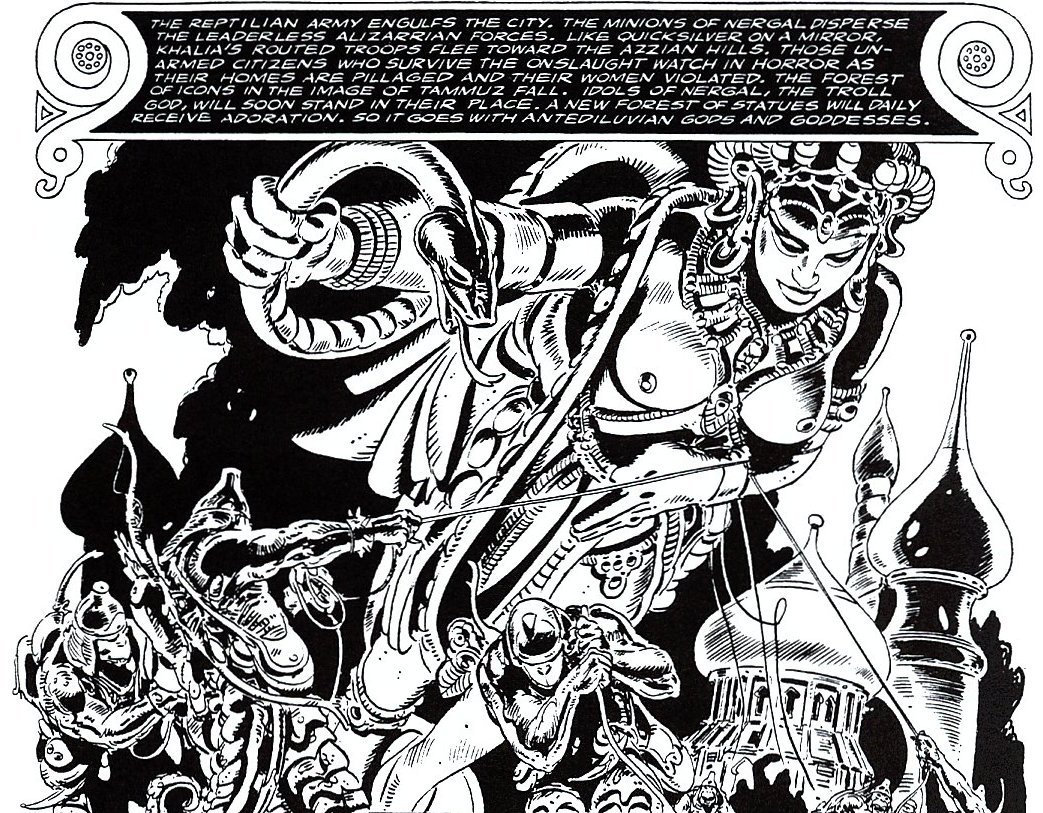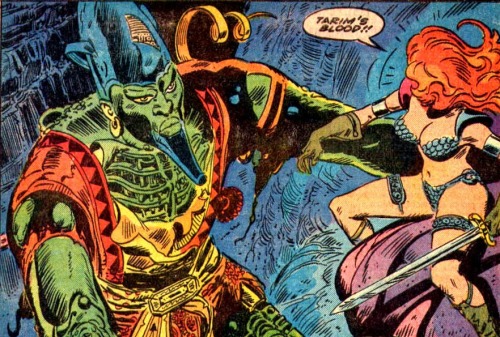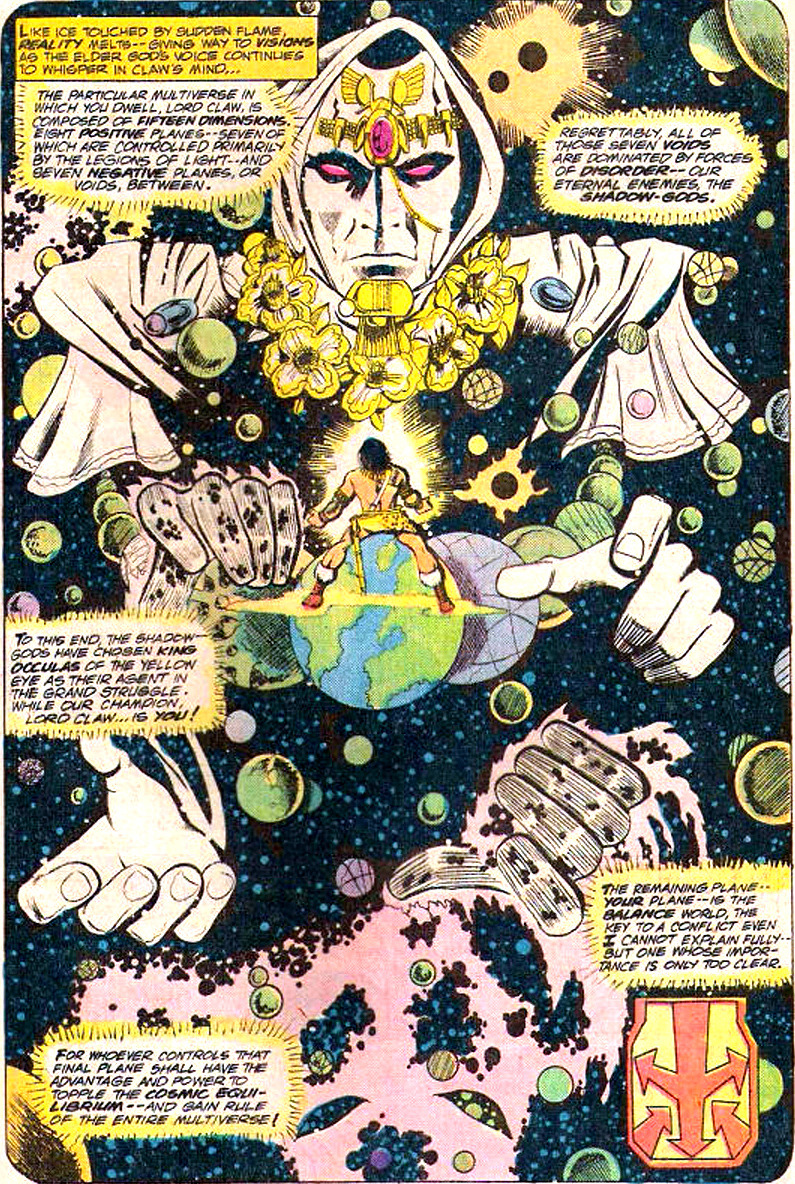Reading book one of Legend of the Condor Heroes by Jin Yong, I've been reminded that D&D shares perhaps unexpected similarities with wuxia, the Chinese genre of martial arts adventures:
Advancement is important. adventurers go on adventures, martial artists train, but the desired result is the same.
High level characters can perform superhuman feats that are not necessarily viewed as superhuman within the fiction. D&D characters get extra hit points to shrug off attacks or various other special abilities (particularly in editions after 2nd). Wulin heroes get to fly around and do things with focused internal energies.
The protagonists are a class apart from regular folks. Adventurers on one hand, members of the wulin on the other.
Characters tend to have the their own thing. Call it "niche protection" or special techniques, the heroes of D&D and Wulin tend to be distinctive from other members of their party.
Special abilities tend to have names. Wuxia's are tend to be more flowery, admittedly.
There are some elements of wuxia that D&D doesn't tend to emphasize--but there isn't any reason it couldn't:
Mentors are important. How many D&D characters seek out a sifu or mention one they had in the past? No reason they couldn't though.
Named organizations. D&D characters used to join guilds (though that's less of a thing in later editions), but D&D could use more of the societies, sects, and schools of wuxia. Also, PC groups with names.
A world with its own rules. Adventurers are separated from normal folk by their abilities and activities but members of the wulin or jianghu are expected to adhere to certain codes, and compete with each other, almost like a large, loose organization.
22 minutes ago
























